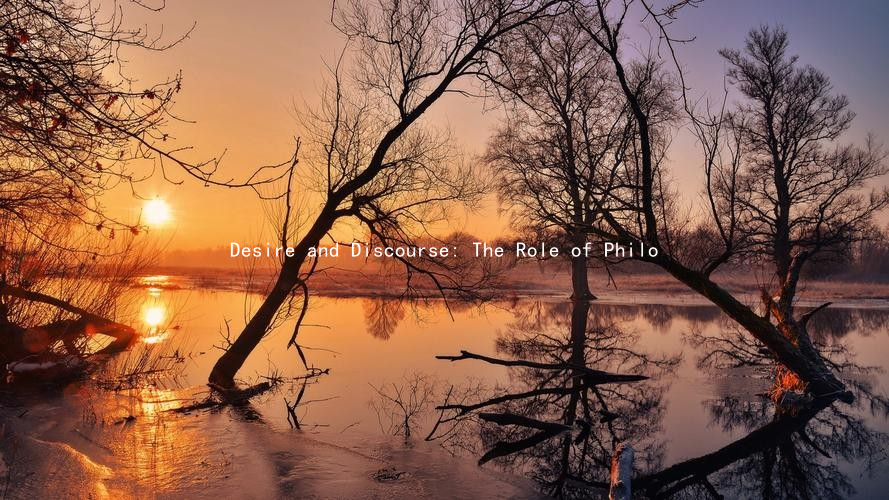Desire and Discourse: The Role of Philosophical Dialogue in Romantic Relationships
Desire and Discourse: The Role of Philosophical Dialogue in Romantic Relationships
In the intricate dance of romantic relationships, desire often serves as the catalyst that ignites attraction and fosters emotional connection. Yet, beyond the initial spark lies a crucial element that can sustain and deepen that connection: dialogue. Philosophical dialogue, characterized by open-ended questioning, reflective listening, and sincere curiosity, can transform the dynamics of romantic interactions. By nurturing understanding and empathy, this mode of discourse can help navigate the complexities of love and desire.
At its core, philosophical dialogue encourages partners to explore their ideals, beliefs, and values. When couples engage in meaningful conversations about their desires, they reveal the intricacies of their motivations. Such discussions allow partners to articulate what they want not only from the relationship but also from life itself. This deeper understanding can forge a closer bond, as partners become attuned to each other’s aspirations and fears.
Moreover, philosophical dialogue promotes vulnerability, which is essential for intimacy. Sharing thoughts on love, commitment, and dreams can be daunting, yet it opens the door to authenticity in a relationship. When individuals feel safe expressing their innermost thoughts, they invite their partners to do the same. This reciprocal openness fosters trust, creating a secure environment where both partners can flourish emotionally.

Critical thinking plays a vital role in this discourse. Engaging in philosophical dialogue empowers partners to question their assumptions and biases, leading to personal growth. For instance, discussing concepts of love—be it romantic love, platonic love, or self-love—enables a couple to reflect on their expectations and redefine what love means to them. Challenging traditional notions can open up pathways to a more individualized understanding of the relationship, paving the way for greater satisfaction and harmony.
The role of active listening cannot be overstated in a romantic partnership. In philosophical dialogue, listening becomes an art form. Instead of merely waiting for a turn to speak, partners genuinely seek to comprehend each other’s perspectives. This attentiveness encourages a more profound connection, allowing individuals to feel heard and valued. Emotional validation can significantly enhance relationship satisfaction, bridging gaps that might otherwise lead to misunderstandings and conflicts.
Additionally, philosophical discourse can aid in conflict resolution. In moments of disagreement, adopting a philosophical stance can help couples step back from their emotional reactions and examine the situation more objectively. By asking open-ended questions and exploring each other’s viewpoints, partners can identify the root of their conflicts and work collaboratively toward resolution. This method not only facilitates a healthier communication style but also reinforces the idea that differing opinions can coexist within a loving relationship.
Ultimately, the intersection of desire and discourse reveals the profound impact of philosophical dialogue on romantic partnerships. As couples delve into the depths of their desires, fears, and beliefs, they discover that the journey of love is not just about the destination but also about the conversations they share along the way. By embracing the principles of philosophical dialogue, partners can enrich their connection, develop a more nuanced understanding of one another, and cultivate a lasting bond rooted in empathy and shared exploration. In this way, love becomes not merely a feeling but a collaborative journey of discovery and growth.





